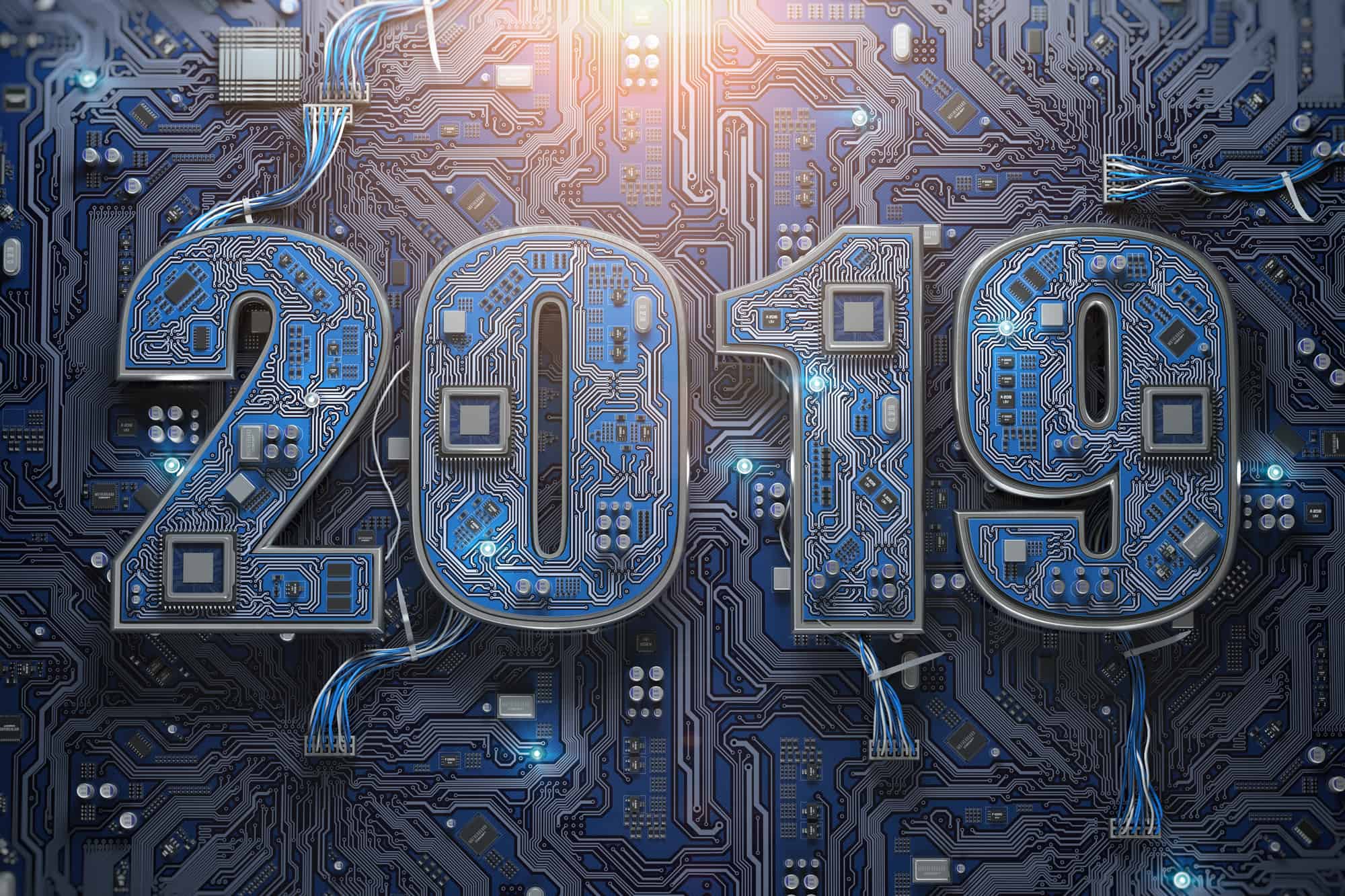
Happy New Year! With IoT growing at a rapid rate and with the vast amount of data it produces, we wanted to share our thoughts on where we see technology moving in 2019. Handling these huge amounts of data is an unresolved challenge that keeps growing. We think that edge computing combined with 5G will be a major part of the solution.
Data processing on the Edge
With the increased power on the edge devices, solutions can be created to manage data in real-time thereby letting edge devices run complex algorithms and self-analyze. This allows organizations to solve production bottlenecks or do predictive maintenance. By sending only the necessary data to the cloud, both the data on a network and the organizations entire data store will be minimized.
Smarter Edge
There has been limited functionality and performance on edge devices due to the resource constraints each edge computing device has. This is the cause of the recent big boom in cloud solutions where all data is sent to be processed and stored. However, the cloud solutions are not yet perfect. Not all data is relevant and necessary to store on the cloud. It can instead be processed on the edge device allowing for immediate alerting, thereby offloading the network and only sending actionable or historical data with less network dependencies and lowered cloud costs.
The advent of high-power edge devices allows for offline capabilities where the network is not available, for example, in the shipping industry where the network is only available at the dock. Historical data can then be synced to the cloud when the ship is docked. This data can be used in powerful BI tools later.
5G
In addition to being smarter with processing data on the edge, the wireless providers are announcing rollouts of 5G in 2019 which will have a big impact on the ever-evolving IoT market. The 5G network will be a part of the fog network connecting the edge devices to the cloud. Autonomous cars, smarter homes and cities, and production automation are just some of the applications that 5G, in combination with edge computing, will enable.
Conclusion
The vast amount of data produced by the IoT requires more processing on the edge and smarter edge solutions. RaimaDB is very well positioned for the edge environment with its tiny footprint, low memory usage and real-time performance on any platform sending only actionable or historical data to the cloud. 5G will enable big data analytics together with machine learning capabilities and cover the gap between the edge and the cloud, also known as the fog.



























